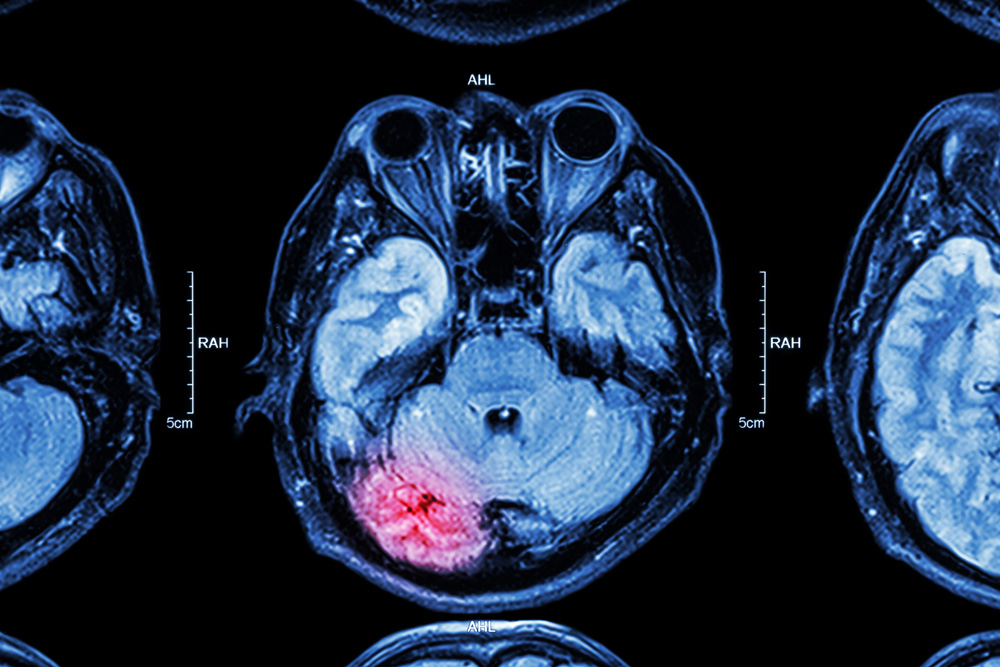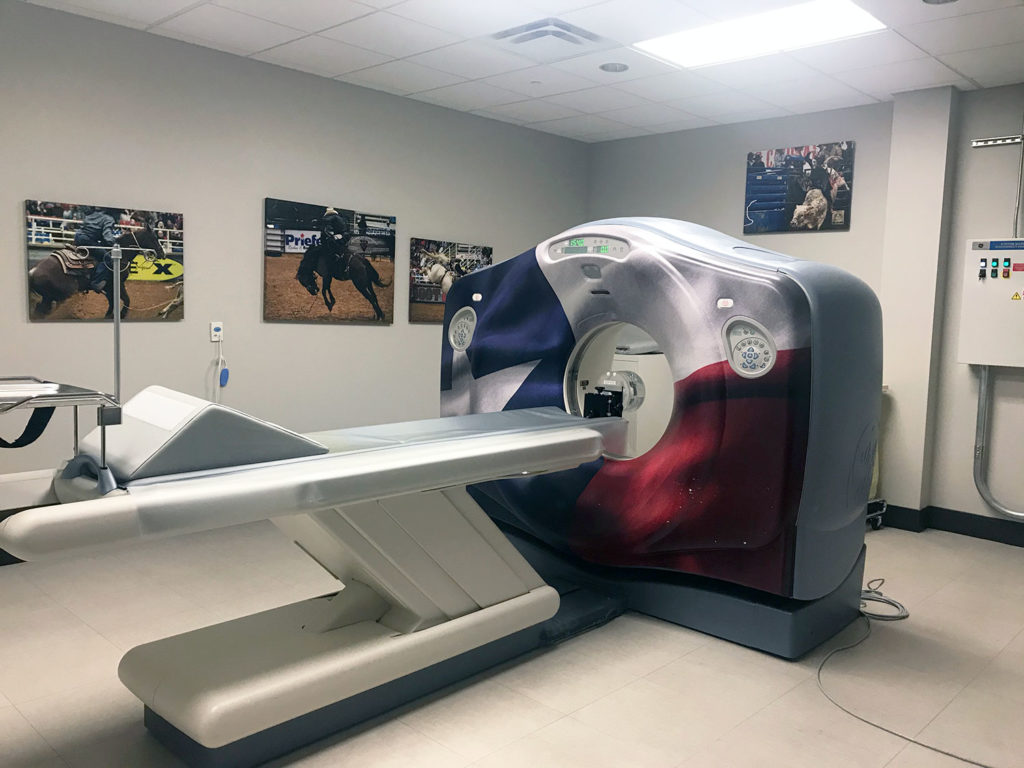When Should You Seek Help for Sports-Related Head Injuries?
Sports-related head injuries are a common concern for young athletes and their families. Sports are a fantastic way to keep kids active and healthy, but they also come with risks, particularly when it comes to head injuries. It’s not just professional athletes who face these risks; children who participate in sports are also susceptible. According to recent studies from paper from the Journal of Neurosurgery, there are approximately half a million visits to the emergency room each year due to traumatic brain injuries in children aged 0-17.
Concussions: A Common Concern for Young Athletes
Concussions are among the most prevalent sports-related head injuries. Whether it’s football, soccer, baseball, or hockey, young athletes are at risk. Recognizing the symptoms of a concussion is crucial for parents and coaches to prevent further injury. Ignoring these symptoms and allowing children to continue playing can exacerbate the injury.

Symptoms to Watch For
Young athletes should be aware of symptoms such as headaches, nausea, dizziness, blurred vision, and sensitivity to light or noise. Coaches and trainers should also be vigilant, watching for signs like confusion, clumsiness, and memory loss.

Tips to Prevent Sports-Related Head Injuries
By incorporating these tips into sports programs and emphasizing a culture of safety, the likelihood of sports-related head injuries can be significantly reduced, promoting a healthier and safer sporting environment for athletes of all ages.
- Use Proper Protective Gear: Ensure that athletes wear appropriate protective gear designed for their specific sport. Helmets, headgear, and mouthguards can significantly reduce the risk of head injuries during contact sports.
- Properly Fitted Equipment: Ensure that all protective equipment, especially helmets, is properly fitted. Ill-fitting gear can compromise its effectiveness, increasing the risk of injury.
- Follow Safety Guidelines: Adhere to the safety guidelines and rules of the sport. Coaches and athletes should be well-versed in the rules to minimize the potential for high-risk situations that could lead to head injuries.
- Educate Athletes and Coaches: Provide comprehensive education to athletes, coaches, and parents about the risks and symptoms of sports-related head injuries. This awareness can help in early recognition and appropriate management.
- Implement Proper Techniques: Emphasize and teach proper techniques for playing the sport. This includes tackling techniques in contact sports and correct form for activities like gymnastics or diving.
- Warm-Up Exercises: Encourage athletes to perform appropriate warm-up exercises before engaging in sports activities. A well-warmed body is more responsive and less prone to injuries.
- Focus on Strength and Conditioning: Implement strength and conditioning programs to enhance athletes’ overall fitness and reduce the risk of accidents due to fatigue or lack of physical preparedness.
- Regular Health Check-ups: Ensure that athletes undergo regular health check-ups to identify any underlying medical conditions that may increase the risk of head injuries.
- Hydration and Nutrition: Maintain proper hydration and nutrition. Dehydration and lack of essential nutrients can impair an athlete’s cognitive function and increase the likelihood of accidents.
- Monitor Playing Conditions: Coaches and organizers should regularly inspect playing fields and facilities for any hazards that could contribute to head injuries, such as uneven surfaces or inadequate lighting.
- Promote Open Communication: Foster an environment where athletes feel comfortable reporting injuries or symptoms. Encourage open communication between coaches, parents, and athletes to address concerns promptly.
- Implement Rest and Recovery Periods: Ensure that athletes have sufficient rest and recovery periods between practices and games. Fatigue can compromise reaction times and increase the risk of accidents.

When to Seek Emergency Care for Sports-Related Head Injuries
While not every head injury requires immediate medical attention, there are certain circumstances where a trip to the emergency room is necessary:
- Uncontrollable bleeding
- Loss of consciousness or confusion
- Vomiting or nausea
- Difficulty balancing or walking
- Memory problems
- Seizure
It’s essential to monitor children closely after a head injury. If symptoms worsen or new symptoms develop, seek medical help promptly.

Better Safe Than Sorry
When in doubt, it’s best to err on the side of caution. If you’re uncertain whether your child has sustained a traumatic brain injury, don’t hesitate to visit your nearest emergency center. Prestige ER is open 24/7, ready to provide expert care whenever you need it.
Sports-related head injuries are a serious concern for young athletes and their families. Knowing when to seek medical help is crucial for ensuring the best possible outcome. Whether it’s a minor bump or a more severe injury, Prestige ER is here to provide the care and support your child needs to recover safely.

Prestige ER is the longest-standing, highest-rated 24/7 Emergency Room in Plano. Our ER provides first-class emergency medical services with personalized care and minimal wait times. We soon will have a second location in Mesquite, Texas.
